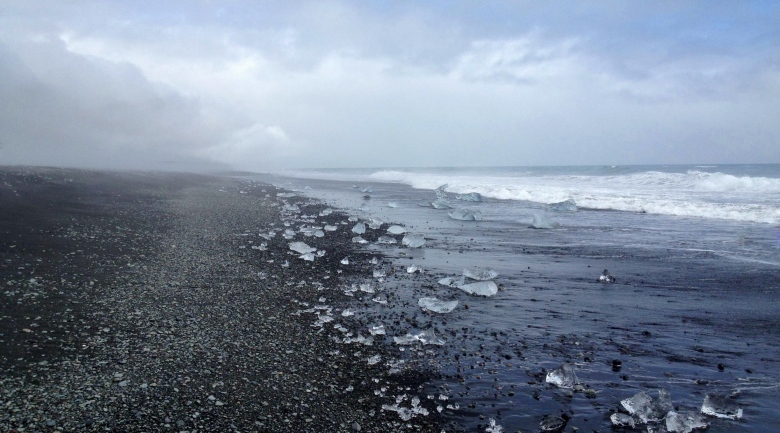
Peaking global CO2 emissions as soon as possible is crucial for limiting the risks of sea-level rise, even if warming is limited to well below 2 degrees. A study now published in the journal Nature Communications analyzes for the first time the sea-level legacy until 2300 within the constraints of the Paris Agreement.
Their central projections indicate global sea-level rise between 0.7m and 1.2m until 2300 with Paris put fully into practice. As emissions in the second half of this century are already outlined by the Paris goals, the variations in greenhouse-gas emissions before 2050 will be the major leverage for future sea levels. The researchers find that each five year delay in peaking global CO2 emissions will likely increase median sea-level rise estimates for 2300 by 20 centimeters.
"Man-made climate change has already pre-programmed a certain amount of sea-level rise for the coming centuries, so for some, it might seem that our present actions might not make such a big difference—but our study illustrates how wrong this perception is," explains lead author Matthias Mengel from the Potsdam Institute for Climate Impact Research (PIK).
"Every delay in peaking emissions by five years between 2020 and 2035 could mean additional 20 cm of sea-level rise in the end—which is the same amount the world’s coasts have experienced since the beginning of the pre-industrial era."
Global sea-level rise is driven by warming and expanding ocean water, as well as the melting of mountain glaciers, ice caps, and the vast Greenland and Antarctic ice sheets. These contributors respond in different ways and within different timescales to a warmer climate, ranging from centuries to millennia—a delayed response to today’s atmospheric warming.
To analyze the sea-level rise under the Paris Agreement and the legacy of delayed mitigation, the scientists used a combined climate-sea-level model. They fed it with a set of scenarios of emission reductions in line with the Paris goals that span different reduction rates and emission peak years.
